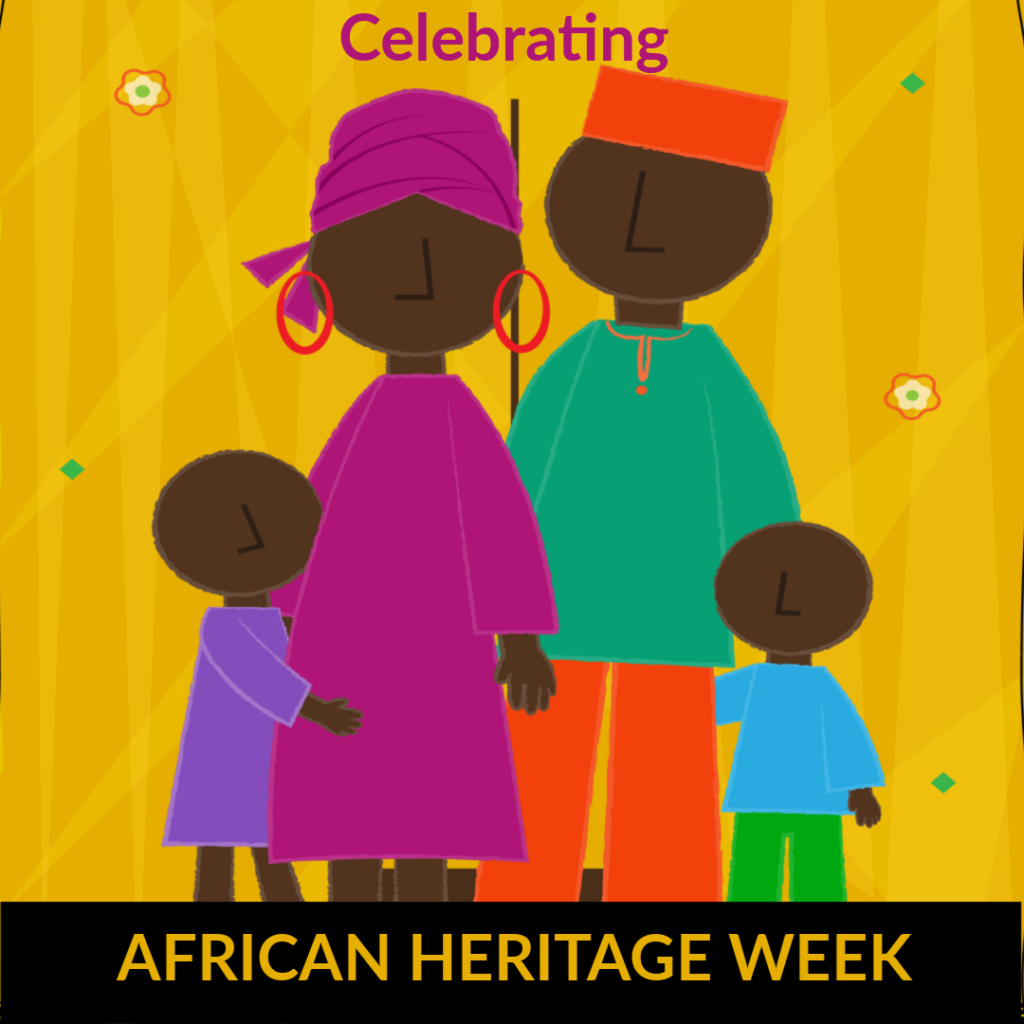
African Heritage and Healthy Eating
Celebrated February 1st-7th, African Heritage and Health Week commemorates the flavors and healthy cooking techniques that were core to the wellbeing of African ancestors from Africa, South America, the Caribbean, and the American South. February is the perfect time to honor and explore this healthy culinary history. (Oldways 2015)
African Heritage Week is the perfect way to kick off Black History Month. It continues to raise awareness of the world of the traditions and flavors of African heritage cuisine also known as “Oldways”. The traditional African diet is filled with health benefits, as it is based on whole, minimally processed plant foods, such as greens, vegetables, whole grains, beans and peas, and nuts and seeds. (Palmer 2020)
The brainchild of noted historian Carter G. Woodson and other prominent African Americans, a full week has been dedicated to not just re-introduce the concept of eating traditional homegrown food, but also address the larger food-related health issues.
African American Diet Related Health Concerns
Diabetes, obesity, and heart disease have risen significantly throughout the African American community as traditional cultural foods have been left behind for more fast-food restaurant fare and unhealthy processed foods. Here are some facts:
- Four out of five African-American women are overweight or obese.
- One out of five African-American adults has diabetes.
- Over 44 percent of African-American women and 39 percent of men have high blood pressure.
- African-Americans are almost twice as likely to die from heart disease and stroke compared to Caucasians.
(CDC 2017)
You might be surprised to learn that eating some of the traditional foods of African heritage can help lower your risk for heart disease, high blood pressure, obesity and certain cancers.
It is, however, no secret that diet and physical activity play a major role in all of these conditions. The African Heritage Diet Pyramid provides a model for healthy eating and a physically active lifestyle. This pyramid brings together the healthy food and traditions of people throughout the African Diaspora, particularly the American South, the Caribbean, South America, and Africa. (Huffpost 2017)
We suggest everyone enjoy the flavors of African traditional food and experience the opportunity to have at least one meal featuring it during African Heritage & Health Week.
Celebrating African Americans Who Changed Health Care
In honor of Black History Month, we take pride in recognizing the achievements of African-American trailblazers in health sciences and wellness. These pioneering men and women helped change the course of healthcare in the United States. They invented first-of-their-kind medical devices, developed innovative surgical procedures, paved the way for improved patient access to quality care, and raised awareness of quality-of-life issues. (Rauf 2019)
Jane C. Wright (1919–2013)
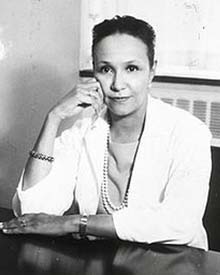
As the daughter of one of the first African-American graduates from Harvard Medical School, Wright grew up with a keen interest in healthcare. Along with her father, she researched chemotherapy drugs that led to remissions in patients with leukemia and lymphoma.
Her ground-breaking research at the New York University helped transform chemotherapy from a last resort to a viable treatment for cancer.
Charles Drew (1904–1950)
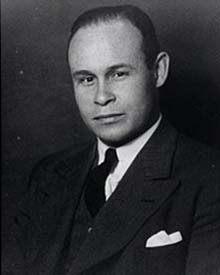
While attending medical school at McGill University, in Montreal, Charles Drew developed an interest in blood transfusions and properties of blood.
As a surgeon, he came up with innovative ways to store blood plasma in blood banks. Plasma can be preserved or “banked” much longer than whole blood. His work as the director of the first blood bank project in Britain during World War II helped save thousands of lives.
Otis Boykin (1920–1982)
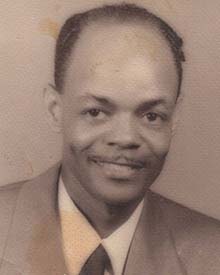
The African-American inventor Otis Boykin patented 28 electronic devices during his career. He developed resistors for electronic components that made the production of televisions and computers much more affordable, but Boykin became best known for improving the pacemaker.
Ben Carson (1951–)
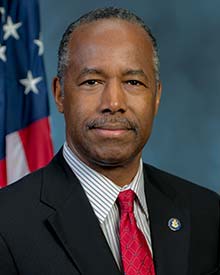
In 1987, at 35, he received worldwide acclaim when he separated the Binder conjoined twins in Germany. It was the first successful operation of its kind.
In 1997, he again successfully separated twins who were joined at the head. Along the way, Carson has developed groundbreaking techniques in the field of neurosurgery.
Michelle Obama (1964–)
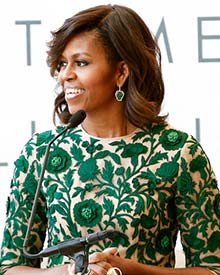
As the first African-American First Lady (2009–2017), Michelle Obama devoted much of her energies to promoting physical health.
She brought attention to the childhood obesity epidemic with her Let’s Move initiative, which encouraged exercise. She is also a vocal advocate for women’s health issues.
Works Cited
“Join Us for African Heritage & Health Week Feb 1st – 7th!” Oldways, https://oldwayspt.org/blog/join-us-african-heritage-health-week-feb-1st-7th
Moore, Marisa. “Go Back to Your Roots for a Healthy Diet.” HuffPost, HuffPost, 7 Dec. 2017, https://www.huffpost.com/entry/african-heritage-diet-pyramid_b_1086534
Sharon Palmer. “Celebrate African Heritage Week!” Sharon Palmer, 8 Jan. 2020, https://sharonpalmer.com/celebrate-african-heritage-week/
“African American Health.” Centers for Disease Control and Prevention, Centers for Disease Control and Prevention, 3 July 2017, https://www.cdc.gov/vitalsigns/aahealth/index.html
“FastStats – Health of Black or African American Population.” Centers for Disease Control and Prevention, Centers for Disease Control and Prevention, 3 May 2017, https://www.cdc.gov/nchs/fastats/black-health.htm
Rauf, ByDon. “10 African-American Pioneers Who Changed Healthcare.” EverydayHealth.com, 12 February 2019 https://www.everydayhealth.com/healthy-living/african-american-pioneers-who-changed-healthcare/
















